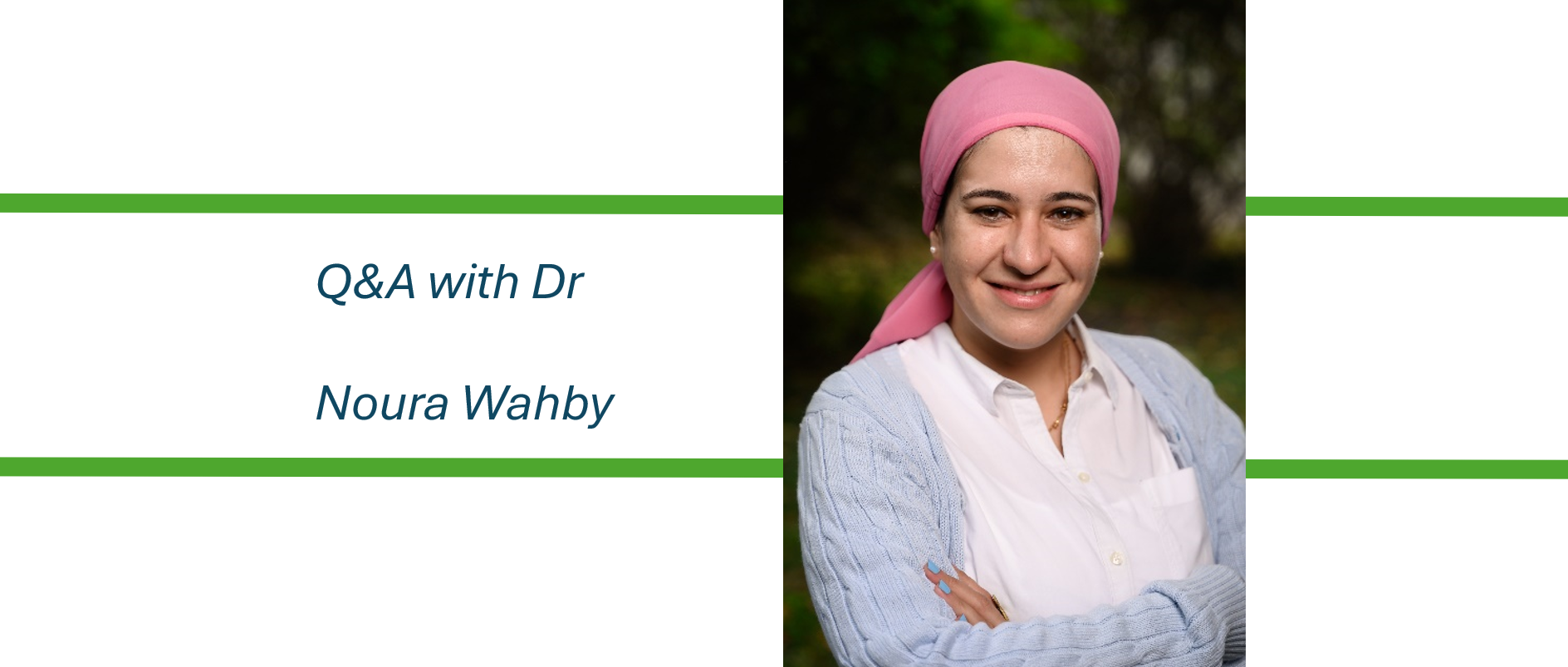Where have you been working prior to Land Economy?
I was recently working at the Public Policy and Administration department at the American University in Cairo, leading a track on sustainable cities. I am also a fellow with the Governance and Local Development Institute at the University of Gothenburg, and an international member of the Young Academy for Sustainability at the University of Freiburg.
What is one example of your research that has practical relevance for policy?
I’ve been working for over a decade on access to urban drinking water in cities of the global south, and specifically the MENA region. This is both a research and policy question as I’ve been looking at the ways in which states, the private sector, communities and civil society interact to create different models of governing a shared resource like water. Globally, water scarcity is becoming an issue for many states, and in order to improve and enact water policies, we must tap into grounded knowledges on how approaches like privatisation, corporatisation and state-led management of water integrate or marginalise citizens. My research provides these case studies of how efforts at making water more sustainable are experienced on the ground by different communities.
What is your vision/hope for your role in the MSt?
I’m very excited about my role with the MSt, especially working with colleagues and students in an international setting that is all about lifelong learning, sharing experiences, and pooling our resources to think about critical questions on the environment. I’m envisioning having the difficult conversations on marginalisation and environmental justice, and how to enhance our role in producing knowledge in a way that bolsters equity, reevaluates technocratic solutions, and addresses power dynamics globally. I hope to bring in the perspective of urban political ecology frameworks that help us to reevaluate histories, pedagogies and policies toward a better understanding of the urban environment and its climate impacts.
What are you most looking forward to in your role?
I’m most interested in learning about colleagues’ research and engaging with policymakers on urban climate topics. I really enjoy supporting students’ journey to develop research ideas, design fieldwork methods, and put it altogether in a final dissertation dedicated to bridging gaps in academia and policymaking. Seeing an idea develop and grow into a full-fledged project with new (and often surprising!) findings is the best part of the learning experience.
Why do you think this MSt is important, with regard to current global issues?
What drew me to working with colleagues on the MSt in particular, is the interdisciplinary approach the program uses to bring together climate issues, environmental policy and cities. The latter has been siloed in urban planning and studies for a long time, and putting cities into direct dialogue with debates on the environment is crucial for climate action. As more than half of the world’s population live in cities that continue to grow, we need to critically assess, expand and evaluate the policies needed for better urban futures. The MSt is going to be a great place to start this type of dialogue.

